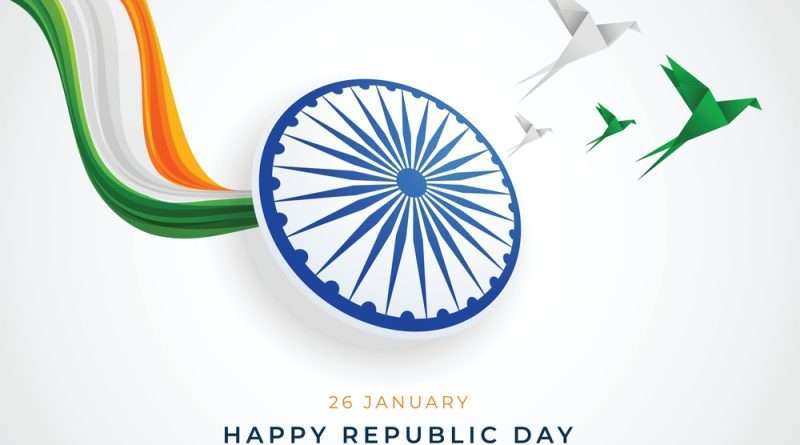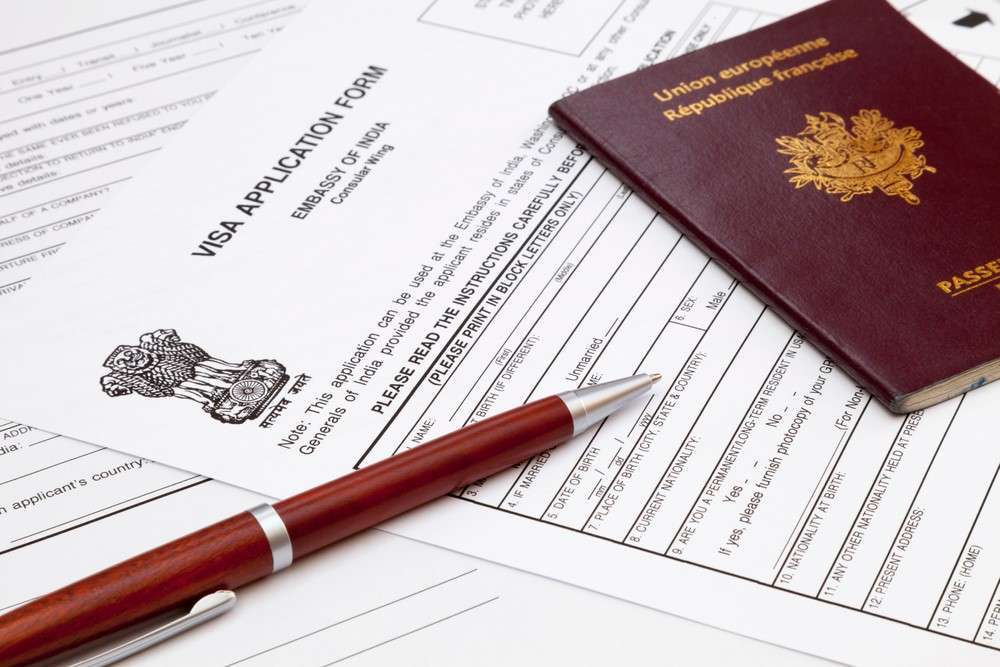Your Guide to Securing an Indian Visa: Everything You Need to Know
Embarking on a journey to India is an exhilarating prospect, offering travelers the chance to explore a land rich in culture, history, and diversity. However, before setting foot in this vibrant country, one essential step is securing an Indian visa. Navigating the visa application process can seem daunting, but with the right information and guidance, obtaining your Indian visa can be a smooth and straightforward experience. In this comprehensive guide, we’ll walk you through everything you need to know to successfully secure your Indian visa, from understanding the different visa types to navigating the application process and ensuring you have all the required documentation in order.
Understanding the Different Visa Types
The first step in securing an Indian visa is understanding the different types available and determining which one best suits your travel needs. India offers various visa categories to accommodate different purposes of travel, including tourism, business, employment, education, and medical treatment. The most common types of Indian visas include:
- Tourist Visa (e-Visa or Regular Visa): For leisure travel, sightseeing, and visiting friends or relatives.
- Business Visa: For business-related activities, including meetings, conferences, and trade fairs.
- Employment Visa: For individuals seeking employment or engaging in employment-related activities in India.
- Student Visa: For those pursuing education or participating in academic programs in India.
- Medical Visa: For individuals seeking medical treatment or accompanying a patient for medical care in India.
- Transit Visa: For travelers transiting through India en route to another destination.
Determining Your Eligibility
Once you’ve identified the visa type that aligns with your travel purpose, it’s essential to determine your eligibility for that particular visa category. Each visa type has specific eligibility criteria, documentation requirements, and validity periods, so it’s crucial to review these carefully before proceeding with your application. Factors that may affect your eligibility include your nationality, travel history, purpose of visit, and duration of stay in India.
Gathering Required Documentation
Before applying for your Indian visa, you’ll need to gather all the required documentation to support your application. While the exact documentation may vary depending on the visa type and your individual circumstances, common requirements typically include:
- Completed visa application form, available online or through the Indian embassy or consulate.
- Passport with at least six months validity beyond the intended date of departure from India.
- Passport-sized photographs meet specific requirements, such as size, background color, and facial expression.
- Proof of travel arrangements, such as flight reservations or itinerary.
- Proof of accommodation arrangements, such as hotel bookings or a letter of invitation from a host in India.
- Supporting documents related to the purpose of your visit, such as a letter of invitation from a business contact, enrollment letter from an educational institution, or medical certificate from a healthcare provider.
Applying for Your Visa
Once you’ve gathered all the required documentation, you can proceed with the visa application process. The exact procedure for applying for an Indian visa may vary depending on your country of residence and the visa type you’re applying for. In many cases, applicants can apply for an Indian visa online through the e-Visa portal, which offers a streamlined and convenient application process. Alternatively, you may need to submit your application in person at the nearest Indian embassy, consulate, or visa application center.
Paying Visa Fees and Scheduling an Appointment
As part of the visa application process, you’ll typically be required to pay visa fees to cover processing costs. The amount of visa fees varies depending on the visa type, duration of stay, and other factors. Fees can usually be paid online using a credit or debit card or in person at the time of submitting your application. Additionally, if you’re required to submit your application in person, you may need to schedule an appointment in advance through the visa application center’s website or by contacting the embassy or consulate directly.
Attending a Visa Interview (if required)
Depending on your visa category and individual circumstances, you may be required to attend a visa interview as part of the application process. Visa interviews are typically conducted to assess the applicant’s eligibility, intentions, and credibility, and may be scheduled at the discretion of the Indian embassy or consulate. During the interview, be prepared to answer questions about your travel plans, purpose of visit, and other relevant details.
Tracking Your Application and Receiving Your Visa
After submitting your visa application, you can track its status online through the e-Visa portal or by contacting the visa application center or embassy directly. Processing times vary depending on the visa type, volume of applications, and other factors, so it’s essential to allow sufficient time for your application to be processed. Once your visa is approved, you’ll receive notification, and you can collect your passport with the visa stamp from the designated collection point or have it delivered to your address, depending on the service options available.
Conclusion
Securing an Indian visa may seem like a complex process, but with careful planning, organization, and attention to detail, it can be a manageable and rewarding experience. By understanding the different visa types, determining your eligibility, gathering required documentation, and following the application process step by step, you can navigate the process with confidence and ensure a smooth journey to India. Whether you’re embarking on a cultural adventure, pursuing business opportunities, or seeking medical treatment, obtaining your Indian visa opens the door to a world of possibilities and unforgettable experiences in this captivating country.
More articles: Navigating Cultural Etiquette: Doing Business in Saudi Arabia



